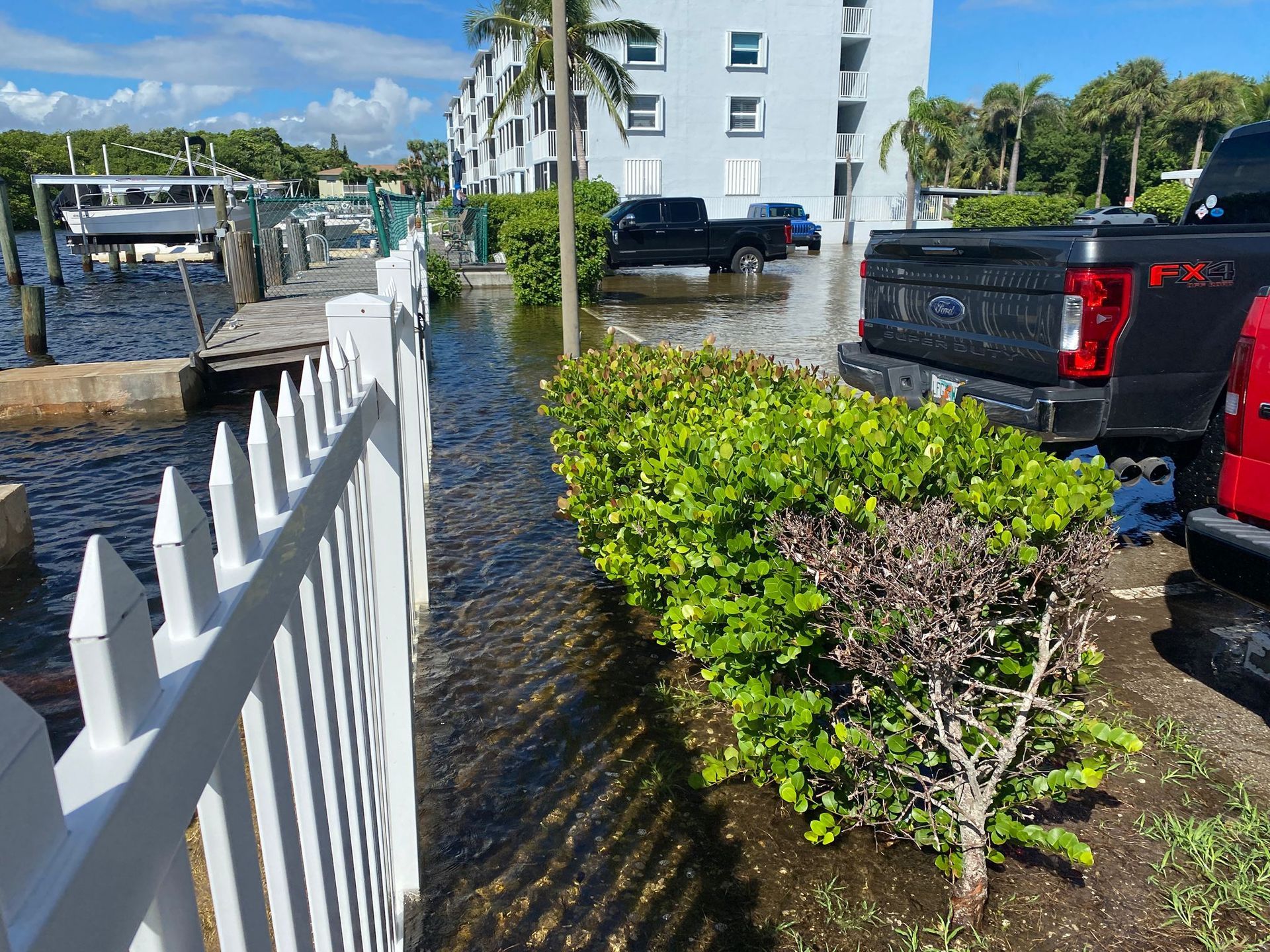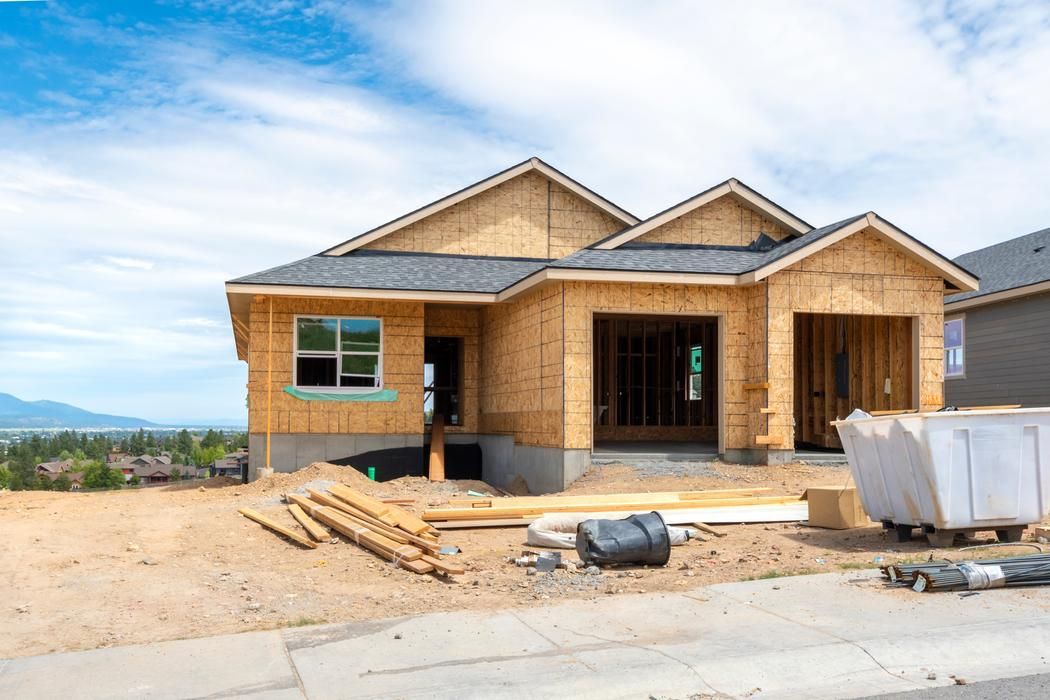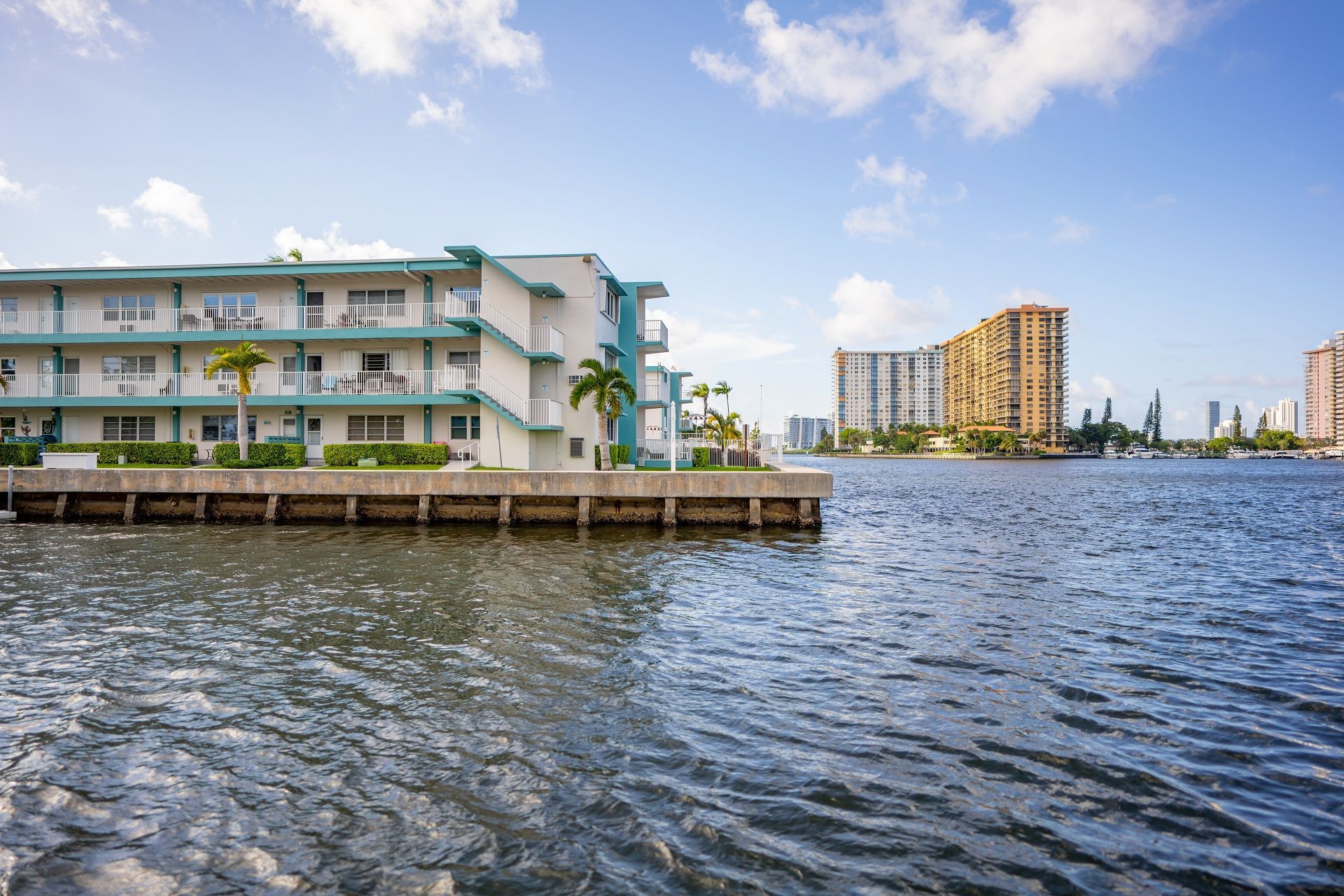What Is 4 Point Inspection?
A 4 point inspection requirement seems annoying, but it gives you and your insurer insight into the condition of your home through a thorough evaluation of its major systems. These findings will bestow the insurance company with an informed opinion of how much liability they’re assuming by providing you with coverage.
Continue reading to learn more about the
4 point inspection and how to properly prepare for it.
4 Point Inspection Explained
Because homes older than 20 years are more likely to require costly repairs, insurance companies are more wary of providing coverage. As such, before approving or renewing coverage, insurers will ask for a 4 point inspection that reviews systems prone to causing extensive damage if they break down.
For instance, if your home is over two decades old, it may have a plumbing issue that could arise in the future and cause flooding and water damage.
Although somewhat irritating to deal with, this inspection is actually very quick and affordable. Due to its limited scope, an experienced inspector can conduct it in a few hours. Furthermore, regardless of whether you own the property or are looking to buy it, a 4 point inspection can help you avoid surprise repairs in the future.
What Does a 4 Point Inspection Cover?
A 4 point inspection covers the main systems of the property:
- HVAC
- Electrical
- Plumbing
- Roofing
Here’s what the inspector will evaluate concerning each system:
1. HVAC system
As one of the integral systems in a home, malfunctioning HVAC units can cause plenty of air quality problems and nasty health effects. They’re also very expensive to repair and replace.
Inspectors typically check the main functions of the system and ascertain its overall condition, age, and life expectancy. Even if the system is working properly, if it’s too old (15 years and up), the inspector will probably suggest replacing it with a newer model.
2. Electrical system
The main goal of this portion of the inspection is to examine the condition of the system and ensure it meets code requirements. For instance, the strength and size of the system must be appropriate for the home and all electrical outlets must be grounded, among other things.
If the inspection uncovers an issue with the electrical system, it doesn’t mean the insurer will deny your coverage. This usually depends on the severity of the code violation and the level of risk.
For example, the presence of certain components is problematic and may lead to the insurer denying your homeowner’s coverage. Some of these components include:
- Cloth and sheath wiring
- Double-tapped breakers
- Aluminum branch wiring
- Knob-and-tube wiring
Knob-and-tube wiring, for instance, is outdated because it lacks a ground wire, meaning it’s not a good match for modern three-prong appliances. This not only puts appliances at risk, but it could also lead to an electrical fire. As such, insurers will deny coverage outright if a home uses this type of wiring.
3. Plumbing system
When it comes to plumbing systems, inspectors must check if the materials used are acceptable by today’s standards and evaluate the overall condition of the piping.
Any leaks could permanently damage the foundation of your home (we don’t need to explain just how expensive this repair is), so if the piping is showing signs of damage, the insurer may ask you to replace it even if it’s not causing any issues at the moment.
In addition, even if they’re not a big deal, the 4 point inspection will also address the key plumbing fixtures such as sinks, drains, bathtubs, faucets, etc.
4. Roofing
Roofing is part of the inspection is the most detailed, owing to the importance of the roof and its impact on not only the structure of the home but also its energy efficiency. Inspectors are required to evaluate any risks that could compromise the home and the safety of the occupants.
Inspectors will take a look at:
- Age: while it may last longer than 20 years, this particular age is a red flag for insurers as a roof this old is more likely to fail in the future or cause further damage
- Signs of deterioration: a deteriorating roof could lead to water pooling on the surface, which can easily cause water damage, or in the worst case scenario, compromise the safety of the home
- Leaks: another issue that the insurer may use to deny your coverage
How to Prepare for a 4 Point Inspection
It’s not possible to evaluate a property if you’re purchasing it, but you can assess the condition of these systems as the rightful homeowner before the inspector arrives.
Here’s what you should do:
- Verify if the HVAC is working properly by running it for a few hours. This doesn’t include any oil furnaces or window AC units as they’re not considered a part of the HVAC system.
- Check for any ungrounded or exposed wiring and if possible, address it before the inspection.
- Check for signs of leakage, pipe deterioration, or any form of water damage. Due to the damaging nature of plumbing leaks, any red flags may disqualify you from attaining insurance. If you find any immediate plumbing problems, try and resolve them before the date of the inspection.
- Immediate roof damage such as missing or broken shingles should be addressed beforehand. This also includes patching up any visible holes and resolving signs of water damage.
Schedule an Inspection Now!
Whether you’re looking to insure a home or renew a policy, a 4 point inspection is mandatory as it will demonstrate to the insurance company that your property is in reasonably good condition.
Since you can’t avoid this inspection, the least you should do is hire someone with experience who can make this annoying process less painful.
Certified Inspectors has been in the business for years, and we can provide you with an unmatched level of service without requiring a fortune. This isn’t our first inspection, and whatever we find, we’ll try our best to make the experience as pleasant as possible for you.
Schedule an inspection by calling +1 561-570-6311 or
filling out our contact form.
Disclaimer: The information on this website and blog is for general informational purposes only and is not professional advice. We make no guarantees of accuracy or completeness. We disclaim all liability for errors, omissions, or reliance on this content. Always consult a qualified professional for specific guidance.
Share the post:






